SDG 6 - Clean Water and Sanitation
Introduction
Clean Water and Sanitation is to ensure the availability and sustainable management of water and sanitation for all. We recognize that access to clean water is fundamental to human well-being, and through our research and educational initiatives, we are dedicated to advancing water sustainability, pollution control, and resource management both locally and globally. As a leader in this field, Redeemer's University is home to the African Center of Excellence for Water and Environmental Research (ACEWATER). This prestigious center drives our university’s core competence in SDG 6, conducting groundbreaking research in water sustainability, pollution monitoring, and control and prevention strategies. ACEWATER researchers work on innovative solutions to address water challenges facing Africa, including access to clean water, wastewater management, and combating waterborne diseases. Through these efforts, Redeemer's University is contributing to both national and continental efforts to secure safe, clean, and sustainable water resources for future generations.
Our commitment to SDG 6 extends to offering water management educational opportunities that empower students and community members with the knowledge and skills to contribute to water sustainability. Through specialized courses, workshops, and public lectures, we promote conscious water usage on campus and beyond, raising awareness about the importance of water conservation and responsible water management. Redeemer's University also provides off-campus water conservation support, working with local communities to implement sustainable water practices. These include the installation of boreholes, community education programs on water sanitation, and collaboration with local governments to improve water infrastructure and access.
By integrating world-class research, education, and community engagement, Redeemer's University is committed to achieving Clean Water and Sanitation for all, ensuring that water resources are protected and sustainably managed for the well-being of people and the planet.
Explore Some of Our SDG 6 Research
The article explores the presence of antibiotic-resistant bacteria (ARB) and their genetic components in African aquatic environments, emphasizing the urgent need for action to protect water resources from contamination. It highlights how untreated wastewater and agricultural runoff are significant contributors to antimicrobial resistance (AMR) in water systems across Africa. This situation poses a direct challenge to Sustainable Development Goal 6 (SDG 6), which aims to ensure access to clean water and sanitation for all. The study calls for stronger wastewater management, stricter regulations, and enhanced monitoring efforts to reduce ARB and antibiotic resistance genes (ARGs) in African water bodies. To explore the full research, refer to Ogunlaja et al. (2022) in Environmental Pollution
For the full chapter,please view here
The article investigates the seasonal distribution and risk assessment of polycyclic aromatic hydrocarbons (PAHs) in groundwater in Owo, Southwestern Nigeria. It reveals that PAH concentrations are significantly higher during the wet season due to increased soil permeability, allowing more contaminants to enter groundwater. This poses a threat to both human health and the environment, emphasizing the need for effective water management and pollution control. These findings align with Sustainable Development Goal 6 (SDG 6), which aims to ensure clean water and sanitation for all. To reduce health risks and protect water resources, the study advocates for improved monitoring and regulation of pollutants in water systems. For more detailed insights, refer to Ore et al. (2023) in Water Practice & Technology
For the full chapter, please view here
The article assesses the pollution and risk of phenolic compounds in drinking water sources across Southwestern Nigeria, with a focus on groundwater and surface water contamination by chemicals like 2,4-dinitrophenol (DNP) and phenol. The study reveals that the presence of these toxic compounds poses significant health risks, including carcinogenic risks, particularly in rural areas where water is often untreated. This research directly supports the objectives of Sustainable Development Goal 6 (SDG 6), which advocates for clean water and sanitation. The findings call for stronger water management policies and improved monitoring to ensure safe drinking water. For more insights, refer to Otitoju et al. (2023) in Environmental Science and Pollution Research
For the full chapter,please view here
Latest News
-
VC commissions new liquid packaging machine at RUN business ventures
Published on October 15, 2024
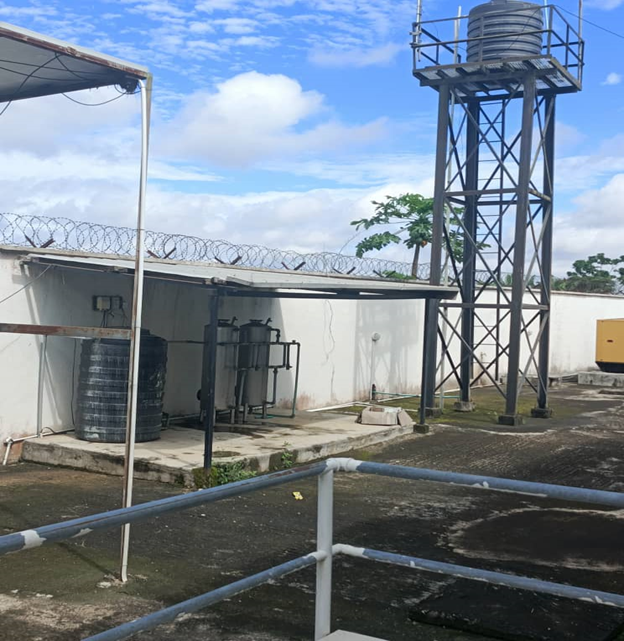
Redeemer’s University WasteWater Treatment Process
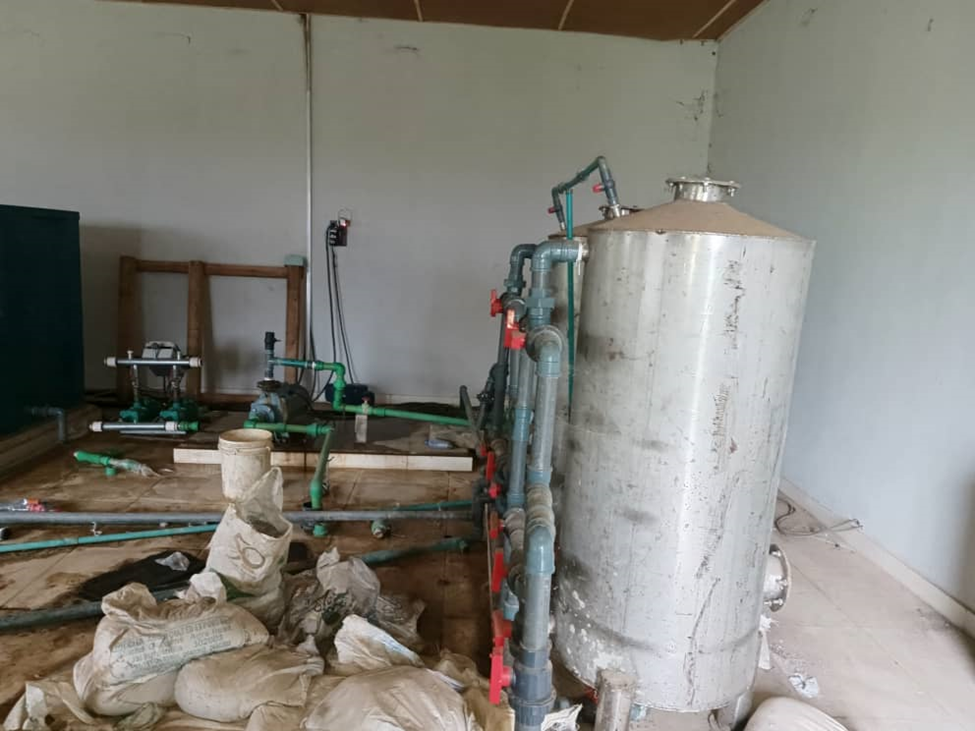
Measures to Prevent Water Pollution
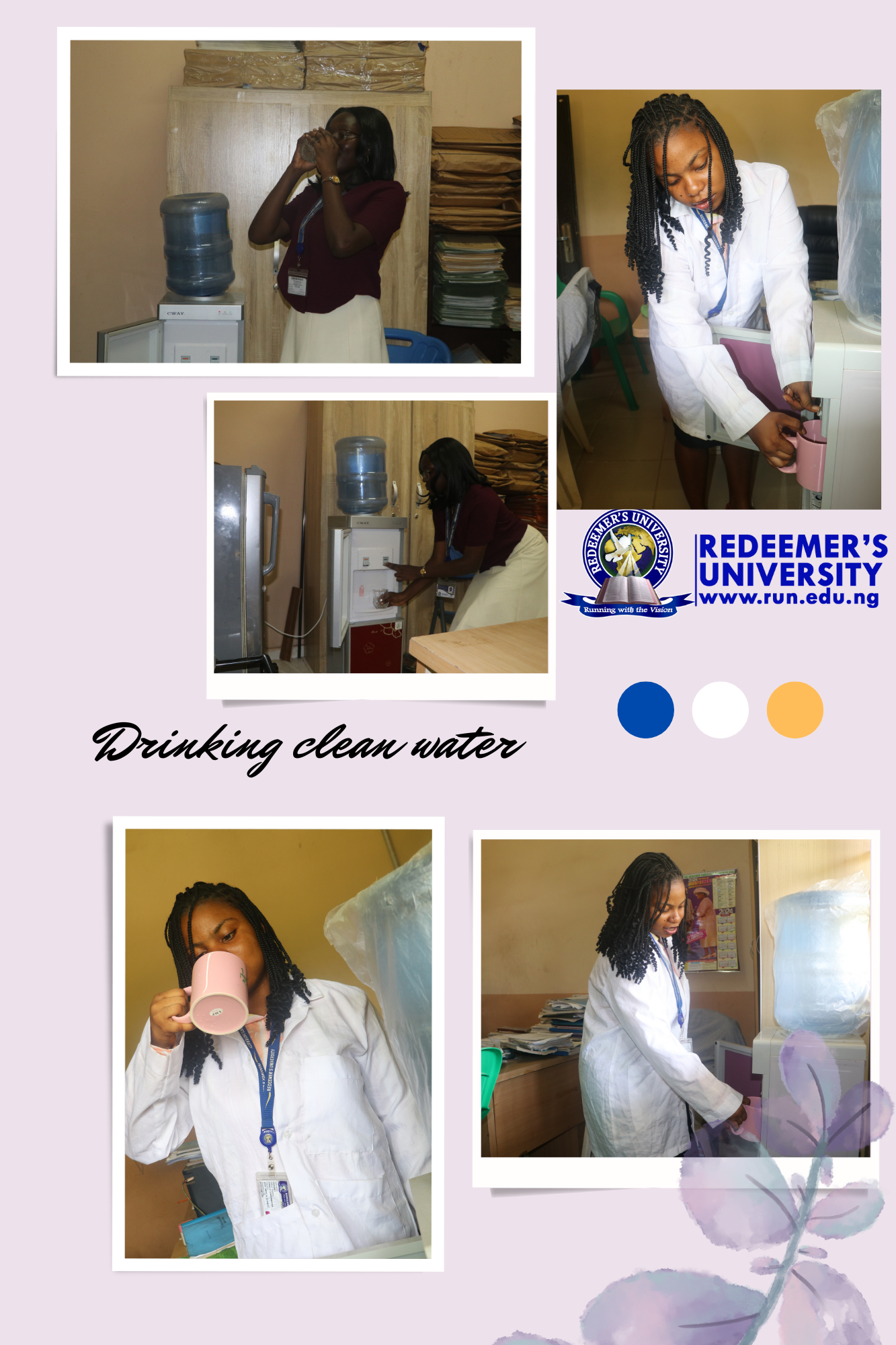
FREE DRINKING WATER AT REDEEMERS
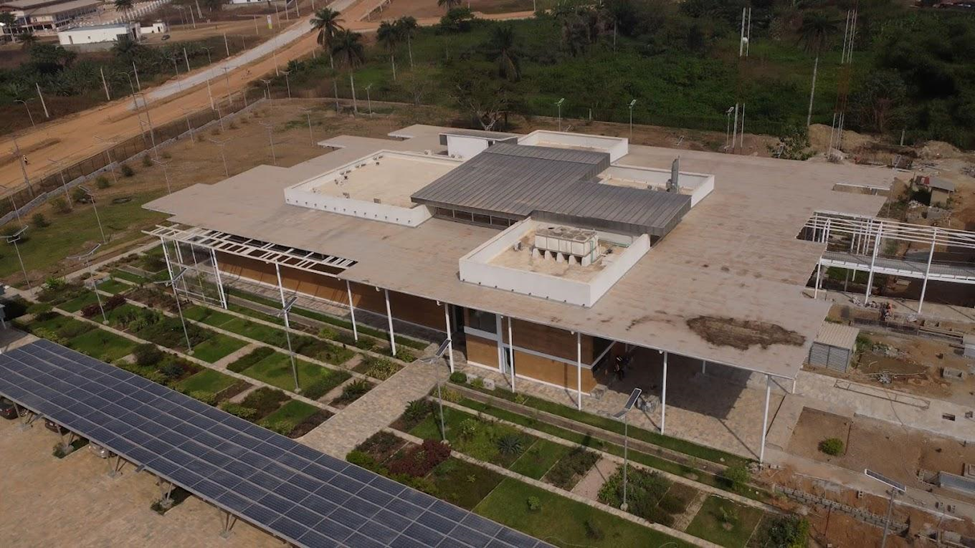
WATER MINIMIZATION FOR BUILDINGS
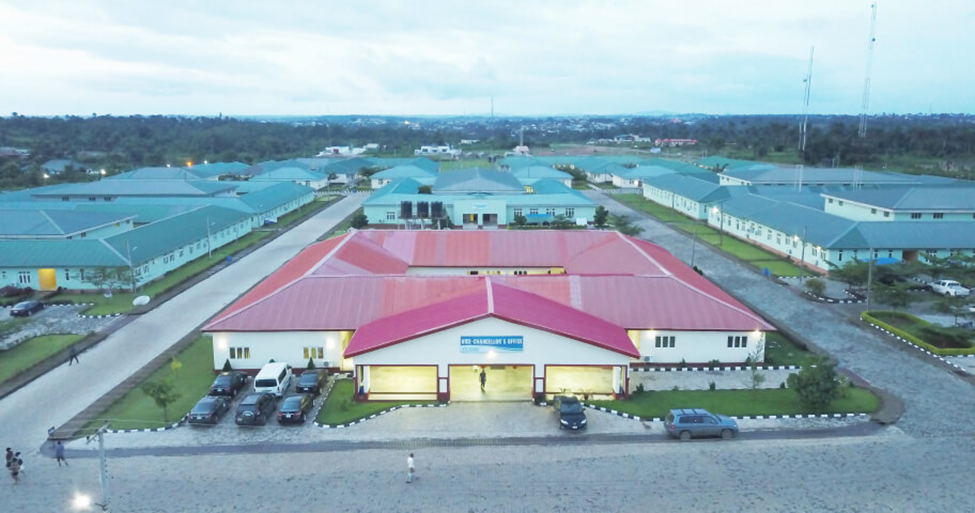
Plant landscapes to minimise water usage
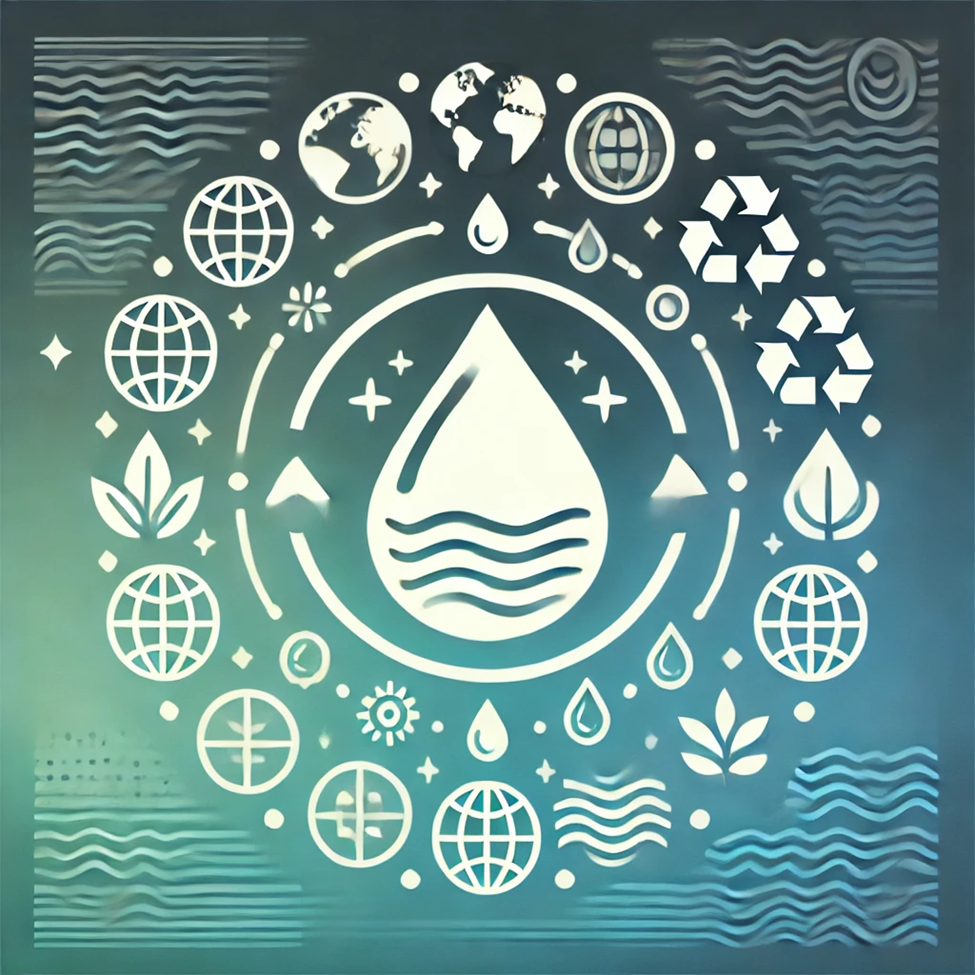
WATER REUSE POLICY

How We Measure the reuse of water across the university
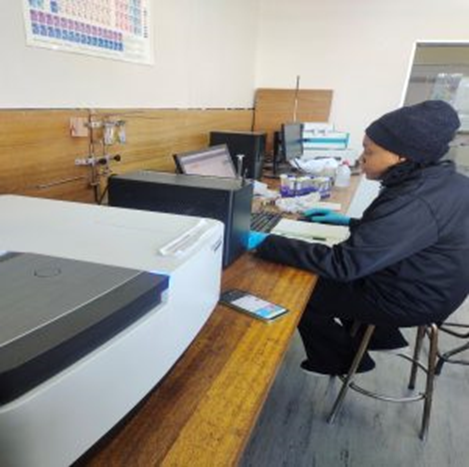
Educational Opportunities to Learn about Good Water Management
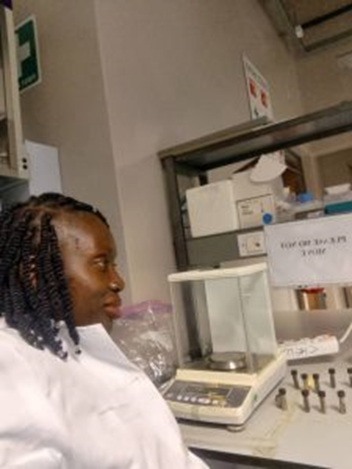
Redeemer’s University Water Conservation Off Campus
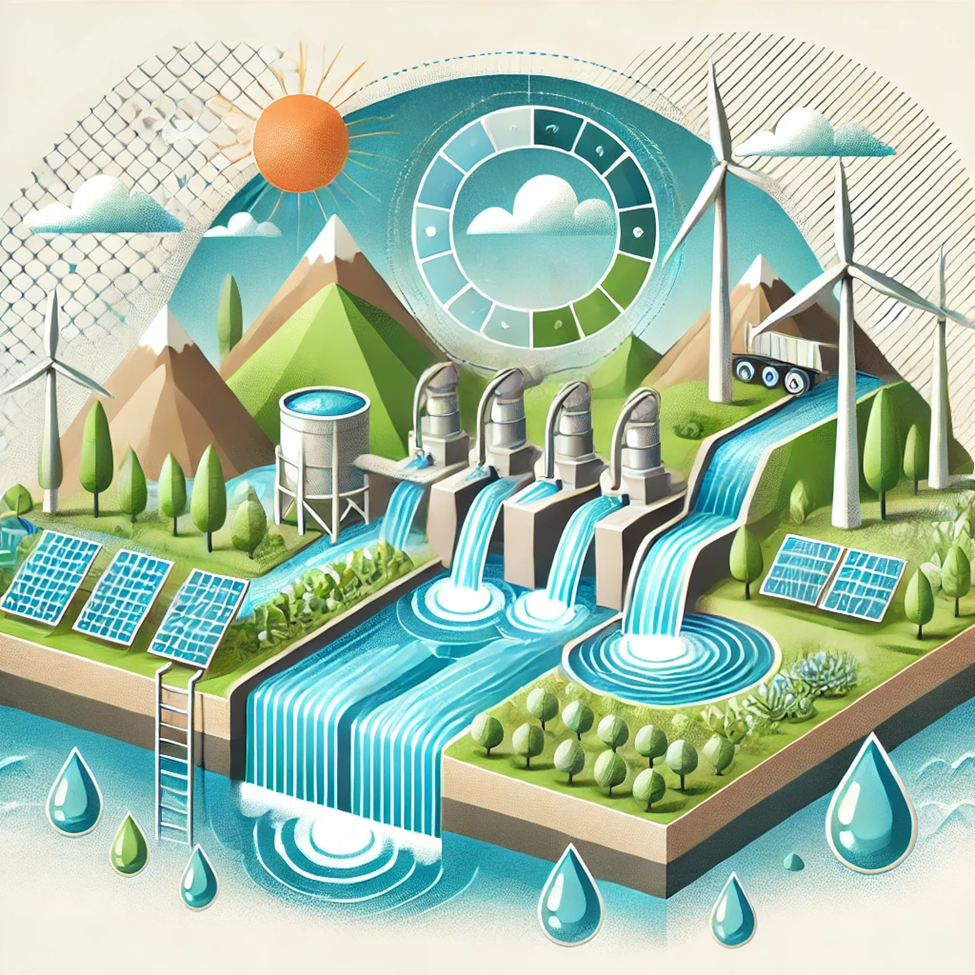
Sustainable Water Extraction Technologies

WATER SECURITY COOPERATIONS WITH LOCAL, NATIONAL AND GLOBAL GOVERNMENTS
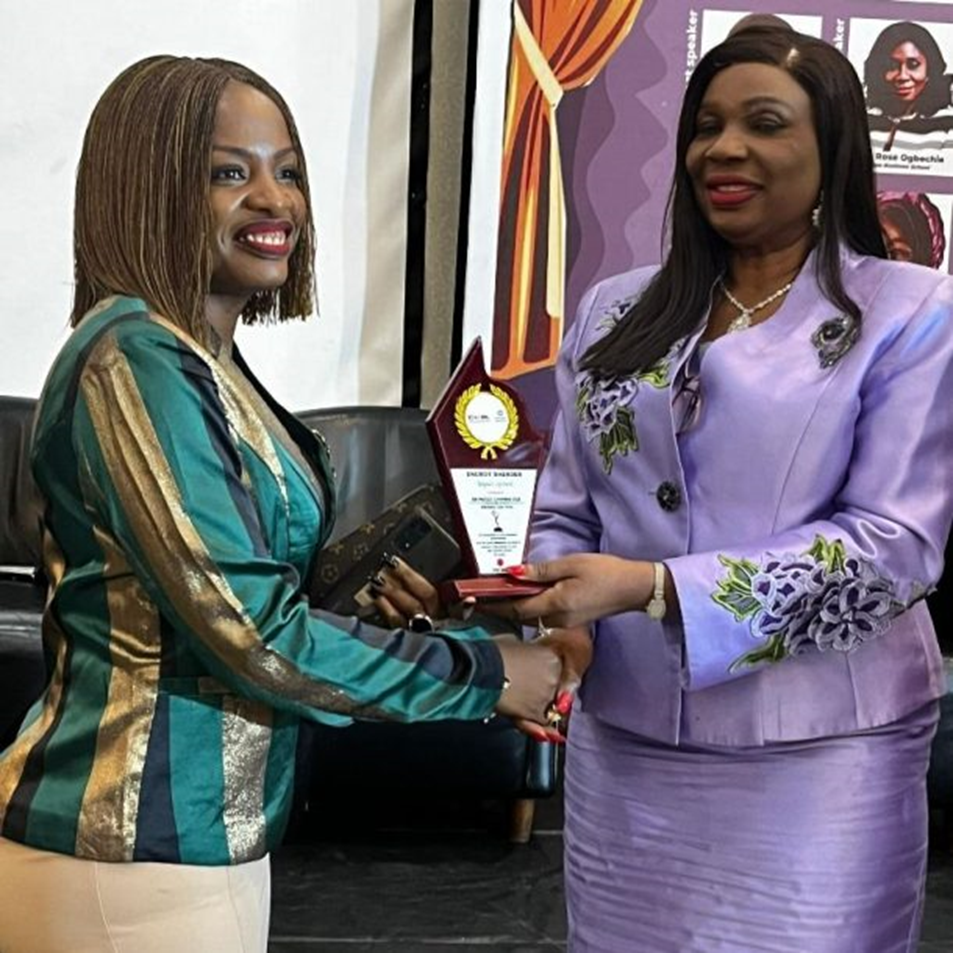
PROMOTING CONSCIOUS WATER USAGE ON CAMPUS AND WIDER COMMUNITY

Redeemer's University Water Management Report 2023